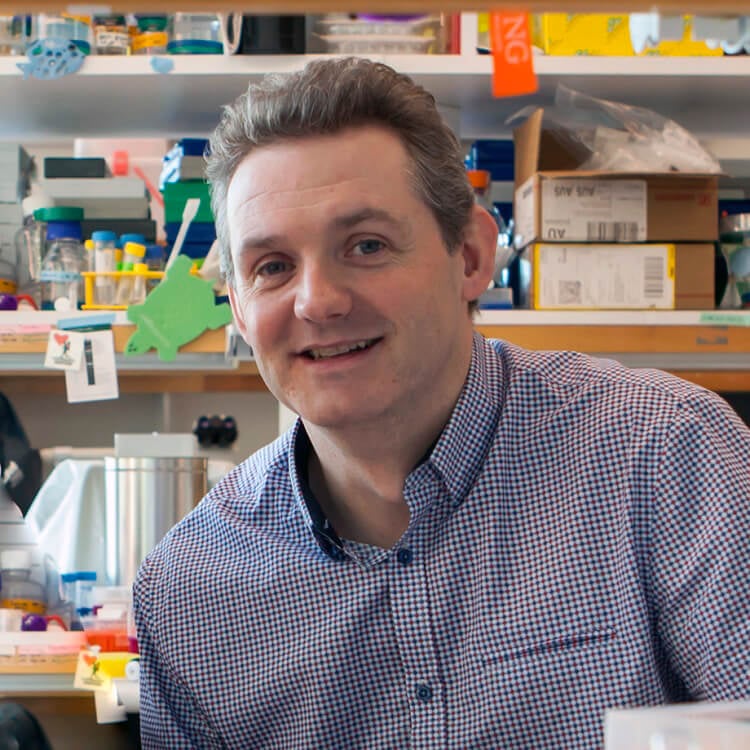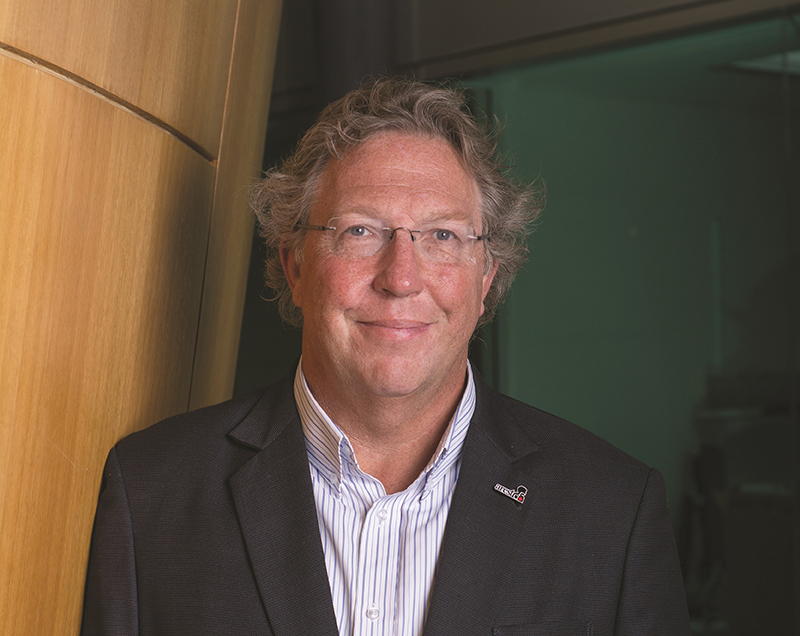Search
Showing results for "early childhood"
Research
Recurrent MET fusion genes represent a drug target in pediatric glioblastomaWe identified previously unidentified gene fusions involving the MET oncogene in pediatric glioblastoma
Research
A comparison of autism prevalence trends in Denmark and Western AustraliaPrevalence statistics for autism spectrum disorders (ASD) vary widely across geographical boundaries. Some variation can be explained by diagnostic methods...

News & Events
WA leading the race to stop one of the deadliest bugs on the planetIn Perth, The Kids Research Institute Australia is spearheading global efforts to tackle this insidious bacterium and reduce its impact on kids’ health.

News & Events
Associate Professor Nick Gottardo awarded Cure Brain Cancer Foundation Innovation Grant 2017The Kids cancer researcher & clinician Dr Nick Gottardo has been announced as the recipient of an Innovation Grant from the Cure Brain Cancer Foundation.
Research
Characterizing restricted and unusual interests in autistic youthA broad range of interests characterized by unusual content and/or intensity, labeled as circumscribed interests are a core diagnostic feature of autism. Recent evidence suggests that a distinction can be drawn between interests that, although characterized by unusually high intensity and/or inflexibility, are otherwise common in terms of their content (e.g., an interest in movies or animals), labeled as restricted interests and interests that are generally not salient outside of autism (e.g., an interest in traffic lights or categorization), labeled as unusual interests.
Dr Anthony Bosco, Professor Steve Stick, Professor Andrew Whitehouse, Dr Raelene Endersby and Dr Luke Garratt know how fortunate they are to have
Research
The Contribution of Geogenic Particulate Matter to Lung Disease in Indigenous ChildrenThe aim of this study was to assess the relationship between dust levels and health in Indigenous children in Western Australia
Research
The application of environmental health assessment strategies to detect Streptococcus pyogenes in Kimberley school classroomsChildren spend almost one-third of their waking hours at school. Streptococcus pyogenes (Strep A) is a common childhood bacterial infection that can progress to causing serious disease. We aimed to detect Strep A in classrooms by using environmental settle plates and swabbing of high-touch surfaces in two remote schools in the Kimberley, Western Australia.
Research
The impact of weather on time allocation to physical activity and sleep of child-parent dyads - Life Course Centre Working Paper Series 2021This study explores the differential impact of weather on time allocation to physical activity and sleep by children and their parents. We use nationally representative data with time use indicators objectively measured on multiple occasions for more than 1,100 child-parent pairs, coupled with daily meteorological data.

News & Events
Australia’s first regenerative and genetic medicine program for children’s lung diseaseA new program that uses cutting edge stem cell techniques to repair lung damage in children will be established at The Kids Research Institute Australia with support from the Telethon-Perth Children’s Hospital Research Fund (TPCHRF).
